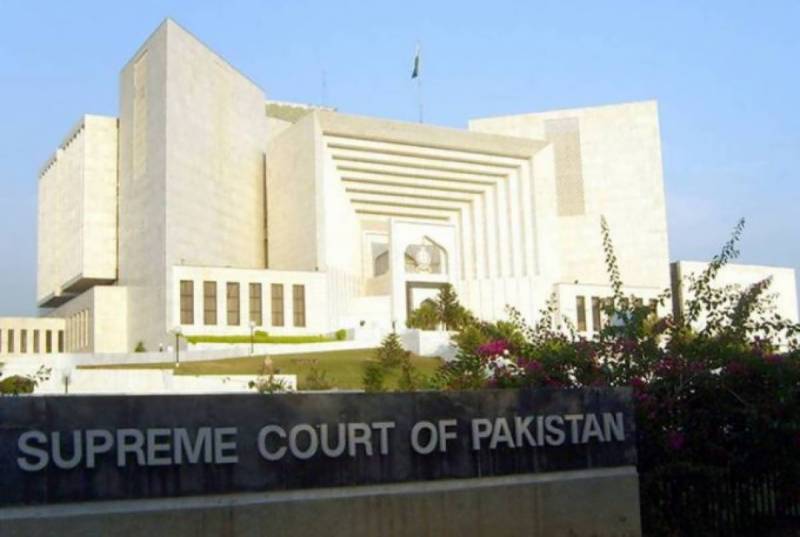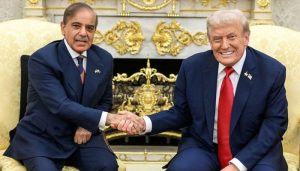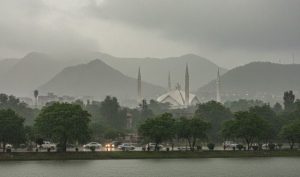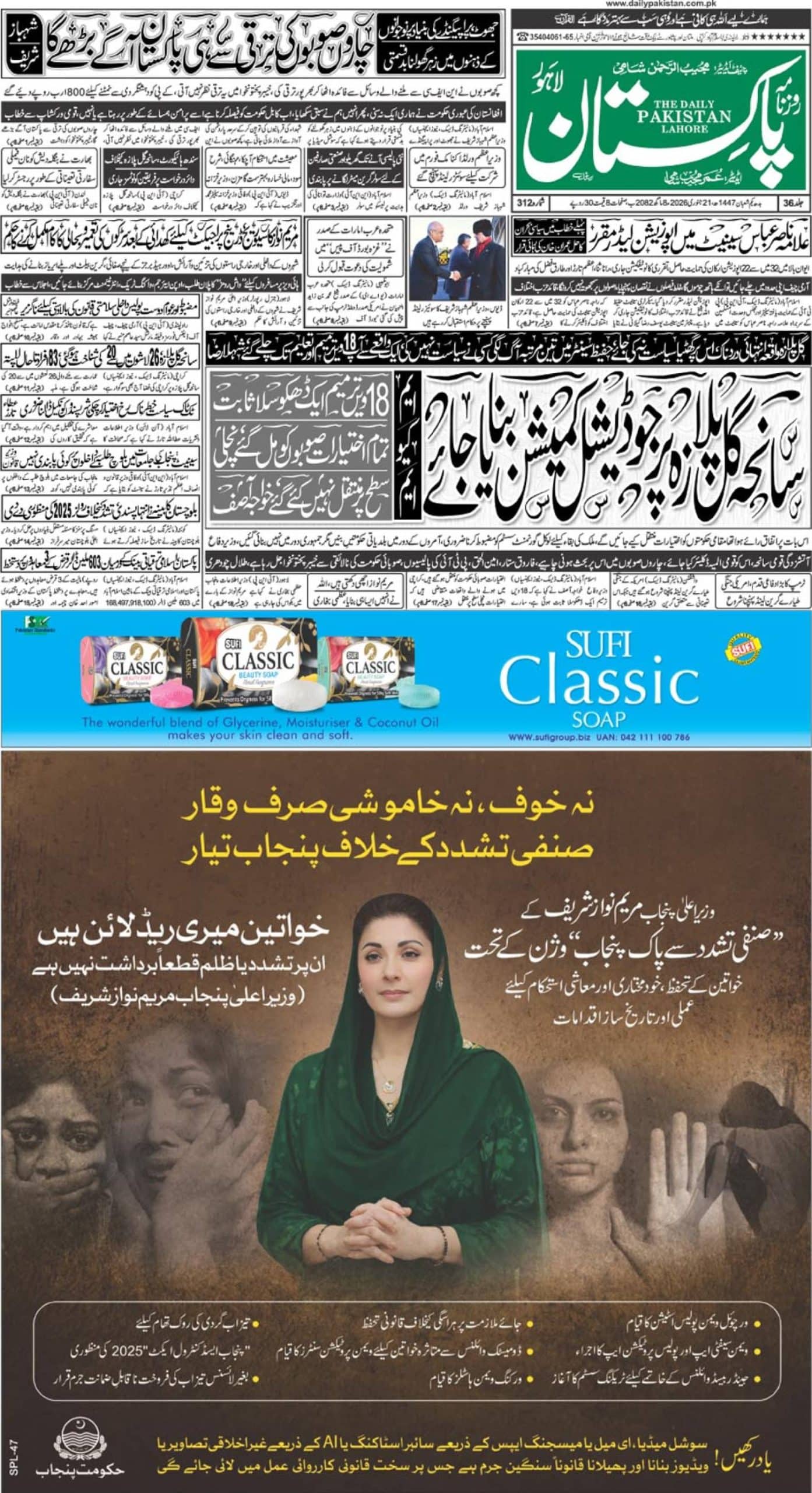ISLAMABAD – The Supreme Court (SC) has stopped proceedings of the judicial commission investigating the audio leaks and suspended the federal government’s notification in this regard.
The Supreme Court (SC) ruled on the petitions filed against the federal government’s decision to form a judicial commission to find out who was behind the audio leaks.
The petitions were heard by the bench, which was presided over by Chief Justice of Pakistan Umar Ata Bandial. Justice Ijaz Ul Ahsan, Justice Munib Akhtar, Justice Syed Hassan Azhar Rizvi and Justice Shahid Waheed were members of the bench.
In its decision, the top court halted the audio leak commission’s proceedings and sent notices to the parties. At the outset of the hearing, the AGP raised objections to the bench, asking the chief justice to excuse himself from the bench.
Responding to the AGP, the chief justice asked if he meant that he should leave the bench, adding: “You should not interfere with our administrative authority.”
CJP Bandial said he knew that this objection would be raised, adding that the judiciary was not subservient to the government.
Talking about the audio leaks commission, he said the government took the decision in haste, adding that it was an attempt to create a rift among judges of the top court. He said that judicial commission’s formation was in conflict with Article 209 and judiciary’s powers.
Audio Leaks Commission
The federal government had formed a three-member judicial commission on May 20 to investigate the audio leaks related to judges.
The commission includes Justice Qazi Faez Isa, Balochistan High Court Chief Justice Naeem Akhtar Afghan and Islamabad High Court Chief Justice Aamer Farooq. The commission, headed by Justice Isa, aims to address concerns raised by the federal government regarding controversial audio leaks involving a former Chief Justice of Pakistan and conversations about judges that raise questions about their impartiality.
Various petitions were filed challenging the formation of the judicial commission. The Pakistan Tehreek-e-Insaf (PTI) filed a constitutional petition in the Supreme Court, asking the court to de-notify the commission. The petition argued that Chief Justice of Pakistan’s permission was required to nominate judges for the commission, and the Supreme Judicial Council was the only forum to investigate or proceede against a judge.
President of the Supreme Court Bar Association (SCBA) Abid Zuberi filed a petition against the commission, claiming that it violates articles 9, 14, 18, 19 and 25 of the Constitution. The petition highlighted that the Constitution does not permit the tapping of citizens’ cell phones and questioned how the commission could issue an order without knowing the source of the audio recordings. It argued that the commission’s formation interfered with the affairs of the Supreme Judicial Council and said that the audio leaks were an attempt to influence the Supreme Court.
The petitions highlighted the legal challenges and concerns about the judicial inquiry commission and its proceedings.














